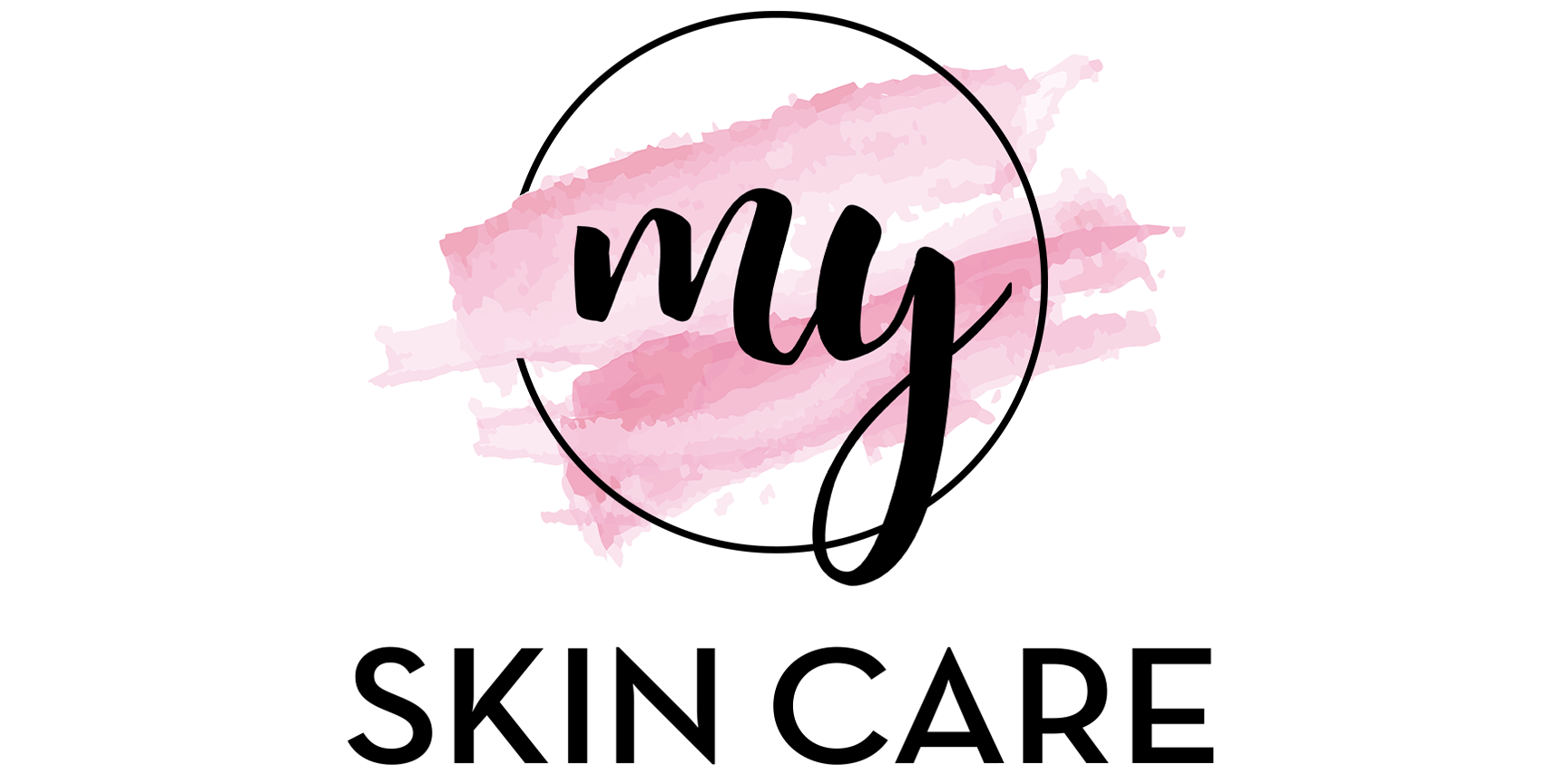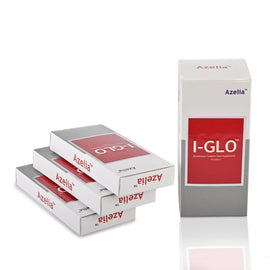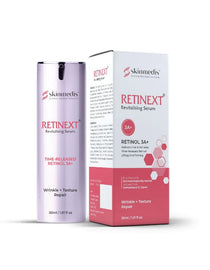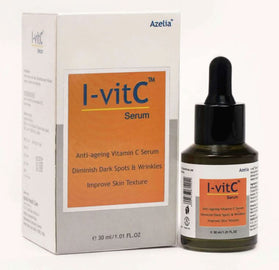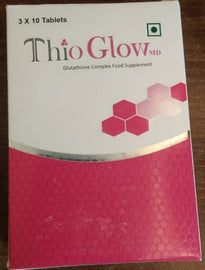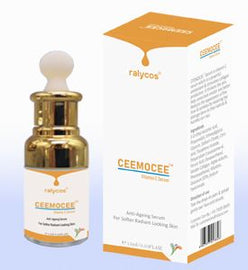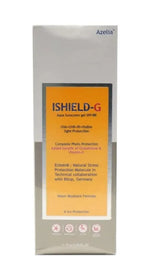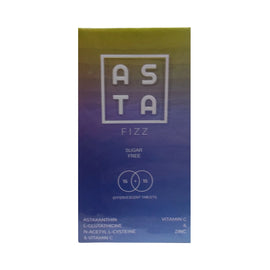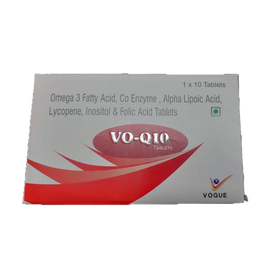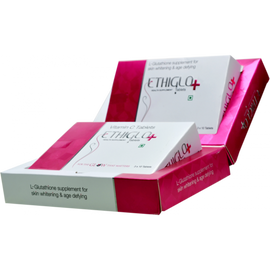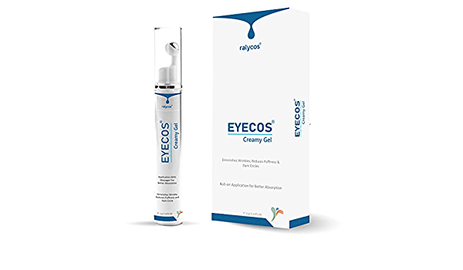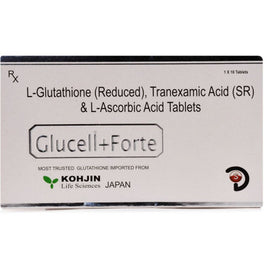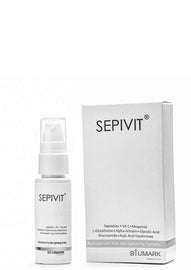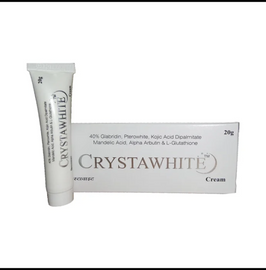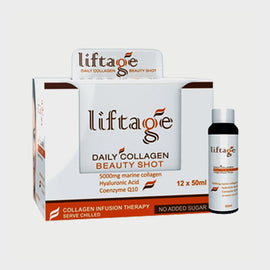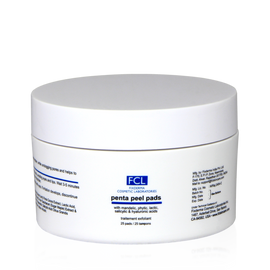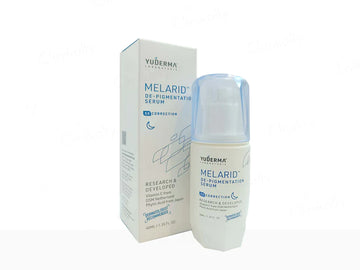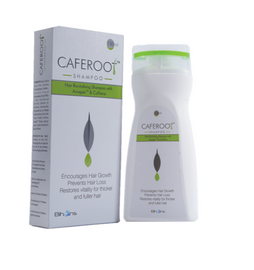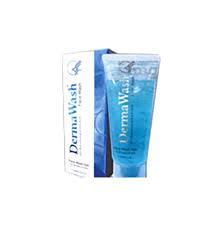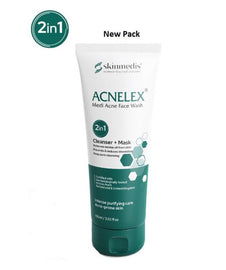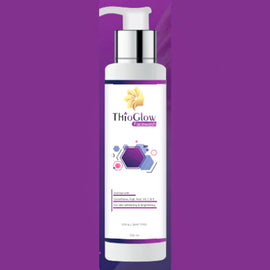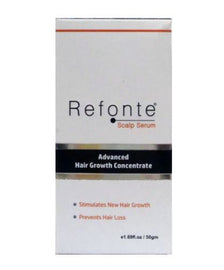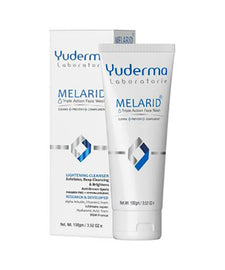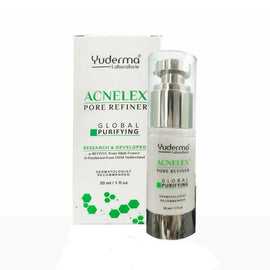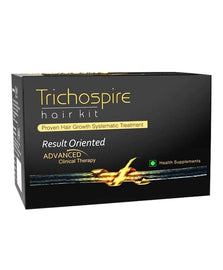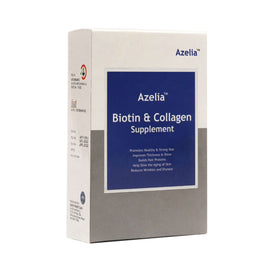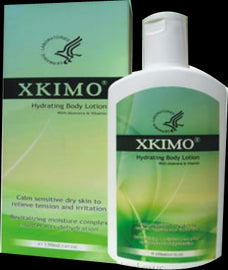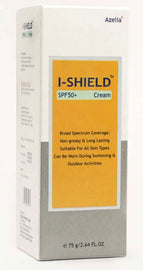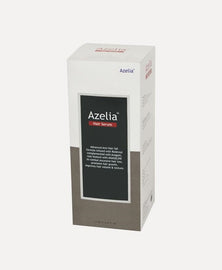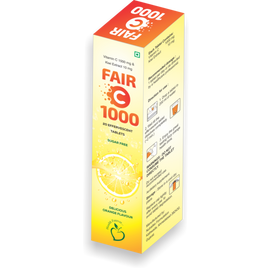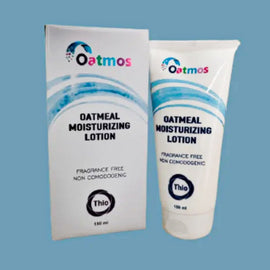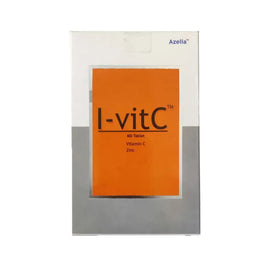Nexret-TC Gel is a combination of two medicines, used to treat acne, which appears as spots or pimples on your face, chest or back. This medicine works by attacking the germs that cause them and rejuvenates sun damaged skin.
Nexret-TC Gel is only meant for external use and should be used as advised by your doctor. You should normally wash and dry the affected area before applying a thin layer of the medicine. It should not be applied to broken or damaged skin. Avoid contact with your eyes, nose or mouth. Rinse it off with water if you accidentally get it in these areas. It may take several weeks for your symptoms to improve, but you should keep using this medicine regularly. Do not stop using it as soon as your acne starts to get better. Ask your doctor when you should stop treatment.
Side effects like burning sensation, irritation, itching, redness, dryness, skin peeling or skin inflammation (dermatitis) may be seen at the application site, in some people. These are usually temporary and resolve on their own. Consult your doctor if they bother you or do not go away.
It is a safe medicine, but you should inform your doctor if you have any problems with your bowels (intestines), if you have ever had bloody diarrhea caused by taking antibiotics or if you are using any other medicines to treat skin conditions. Consult your doctor about using this medicine if you are pregnant or breastfeeding.
USES OF NEXRET-TC GEL
Acne
SIDE EFFECTS OF NEXRET-TC GEL
Common
Application site reactions (burning, irritation, itching and redness)
Dryness
Skin peeling
Dermatitis
HOW TO COPE WITH SIDE EFFECTS?
The occurrence of side effects varies from person to person. The following are a few ways of dealing with some of the common side effects. However, consult your doctor if these persist.
Coping with Dryness
Use mild cleansing creams or soaps rather than harsh or perfumed ones. Use warm water (not hot) and do not spend too long in the bath or shower. Long bathing hours or using harsh soaps can wash away natural oils. Dry your skin gently with a towel and apply moisturizer immediately after washing. Do not use alcohol-based products on your skin. Choose clothing fabrics that will not irritate your skin.
Coping with Skin peeling
There are many treatments for a wide range of skin problems. Avoid hot showers or baths because hot water can irritate the skin. Make sure to pat dry your skin after a bath or shower. Do not rub or scratch the affected area. Leave the skin exposed to the air as much as possible. Do not use perfumed soaps or deodorants. Water containing chlorine can make most skin problems worse, so avoid swimming. Avoid spicy foods, alcohol, tobacco smoke and caffeine as it may also make itching worse. Avoid excessive sun exposure. Always use sunscreen and protective clothing when outdoors. Moisturizers can be used regularly to soothe and hydrate the affected area. If it does not get better within a week, speak to a pharmacist or doctor.
HOW TO USE NEXRET-TC GEL
This medicine is for external use only. Use it in the dose and duration as advised by your doctor. Check the label for directions before use. Clean and dry the affected area and apply the gel. Wash your hands after applying, unless hands are the affected area.
HOW NEXRET-TC GEL WORKS
Nexret-TC Gel is a combination of two medicines: Clindamycin and Tretinoin, which treats pimples (acne). Clindamycin is an antibiotic which works by penetrating into the skin and killing acne-causing bacteria. Tretinoin is a form of vitamin A which reduces oil production in the skin, replenishes the skin and helps keep your pores open.
SAFETY ADVICE
warnings
Alcohol
No interaction found/established
warnings
Pregnancy
CONSULT YOUR DOCTOR
Nexret-TC Gel may be unsafe to use during pregnancy. Although there are limited studies in humans, animal studies have shown harmful effects on the developing baby. Your doctor will weigh the benefits and any potential risks before prescribing it to you. Please consult your doctor.
warnings
Breastfeeding
CONSULT YOUR DOCTOR
Nexret-TC Gel is probably unsafe to use during breastfeeding. Limited human data suggests that the drug may pass into the breastmilk and harm the baby.
warnings
Driving
No interaction found/established
warnings
Kidney
No interaction found/established
warnings
Liver
No interaction found/established
